Software
Safety is a Philosophy, not a Process
Super Agile Software
We are also able to modify the vehicle code whilst the vehicle is operating. This enables us to achieve significantly reduced development life cycles and deliver fully tested code in record time.
The Cavonix Software Stack is developed using our own in-house programming language CAVLab.
CAVLab allows us to develop real-time applications in record time thanks to its interpreted nature and sophisticated multi-threading. We are able to run complete vehicle simulations in the lab and then deploy the exact same source code to the vehicle, vastly speeding up the development process.
On top of that we are able to modify the vehicle code on the fly whilst the vehicle is driving around autonomously! This enables us to achieve significantly reduced development life cycles and deliver fully tested code in record time.
For us safety is a philosophy, not a process.
Our Approach
Real-Time Development
Real-time development allows the developer to continue to code as the software runs, we can actually be changing the code as a vehicle is driving and see the effects as soon as we make the changes. We can also catch errors as they happen which results in far fewer bugs and creates robust, safer code.
Connected Technologies
CAVLab has built-in modules for connecting to a vast range of external devices. This means that we don’t have to reinvent the wheel every time we start a project. We have components for interfacing with cameras, sensors, data acquisition devices, networks and many more.
Human-Machine Interface
Fleet Management System
Proprietary Algorithms
One of the key things about CAVACS is that it can be quickly dropped into any vehicle, be that a car, bus, digger, pod or tractor.
Localisation & Mapping
All routes are mapped using cm accurate RTK GPS and any fixed objects are added to our high-definition map, we can also define the road width and add passing places, junctions and pedestrian crossings.
EVIE AI Radar Vision
Evie’s AI-enhanced radar vision allows vehicles to perceive their environment using radio waves. This can be beneficial in challenging weather conditions such as rain, snow, or fog, where visual-based sensors like cameras or LiDAR may be limited. AI-enhanced radar sensors have longer-range capabilities compared to other visual sensors allowing autonomous vehicles to detect objects or obstacles from a greater distance. This can be particularly useful for high-speed driving scenarios or when navigating through complex environments. AI-enhanced radar vision can complement other sensors, such as cameras and radar, to provide a multi-modal perception system for autonomous vehicles.
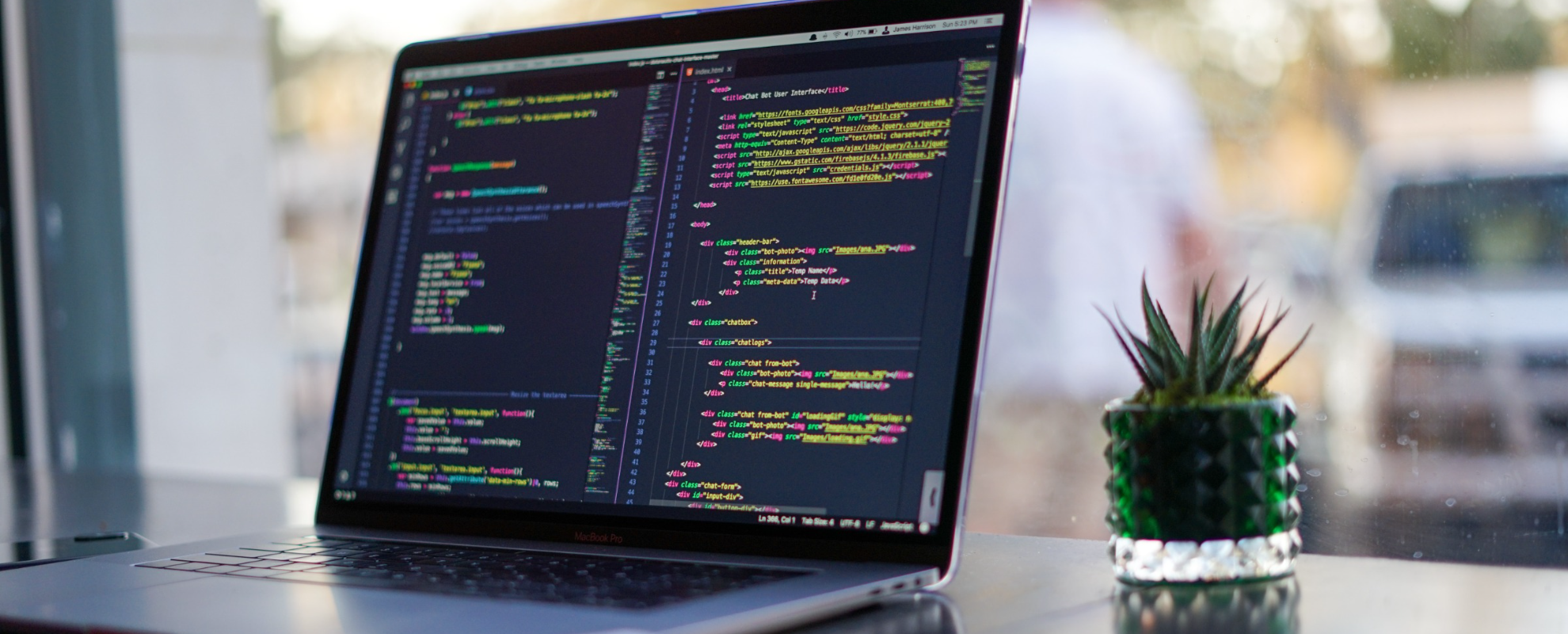

CAVLab is the core foundation of our technology. It is a sophisticated, in-house technology that uses object-based graphical programming language that our team of hardworking software developers have meticulously constructed for the rapid development of self-driving vehicles. It works in real-time allowing the developer to continue to code as the software runs.
We have components for interfacing with cameras, sensors, data acquisition devices, networks and many more.
CAVLab allows designers, engineers and programmers to work together on the same software project regardless of their programming experience. A designer can be building a user interface while an engineer works on the core system and their contributions can easily be brought together or exchanged as an application is being built.

CAVACS is Cavonix Autonomous Control System. Our software developers designed mapped localisation data to take control of the driving of a vehicle through several predefined routes.
We use proprietary algorithms to take control of a self-driving vehicle and manage the vehicle’s steering, braking and acceleration.
CAVACS records fixed objects in real-time whilst localising on a known route with RTK GPS.



CAVCloud is our own data system designed to facilitate safe data exchanges between vehicles and monitoring systems such as CAVTrak. The Cloud system combines with CAVCon (installed on the vehicle) and allows data to be sent back and forth to an online data server containing encrypted algorithms to ensure the safety of your data, where it is then read by our Fleet Management System and can even be sent and read by the vehicle, allowing connections with our HQ for instructions to be sent over.

CAVRoutes are circular routes that can be re-driven all day long. Originally developed for airport buses, routes can include junctions and stops along the path.
We also have a ride-hailing phone app that allows you to stop a vehicle at the nearest point to your location.
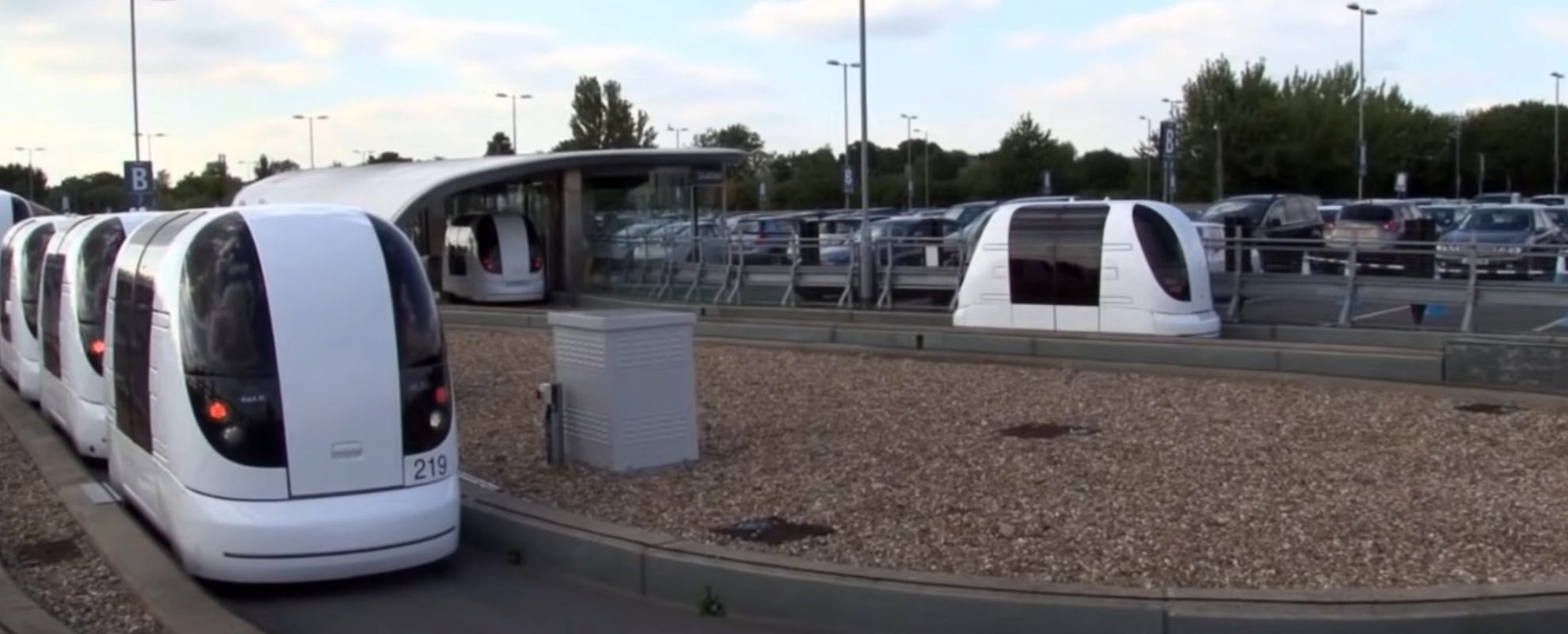
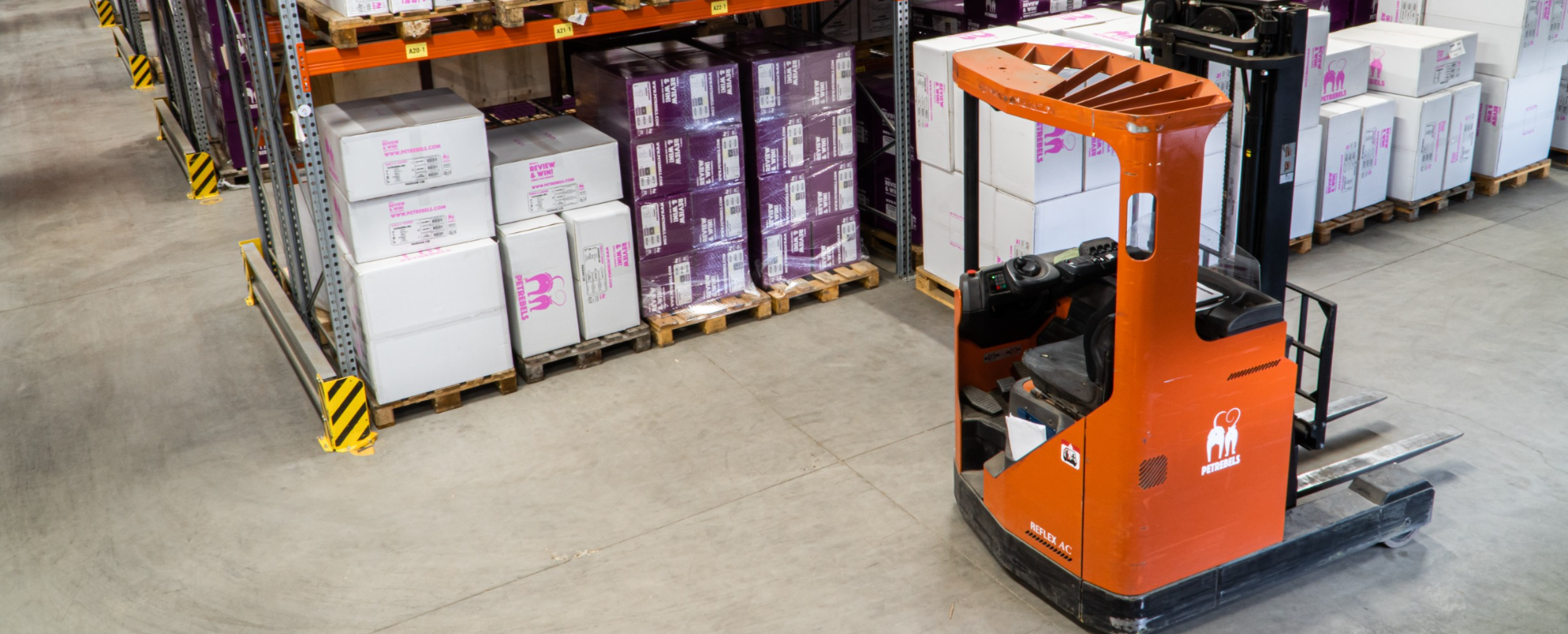
The Point 2 Point mode uses a path between two locations that can be traversed in either direction, just once, multiple times or continuously back and forth.
This could be used for military supply vehicles moving equipment or materials from a depot. Vehicles on patrol would also suit this use case.

We developed this mode to facilitate high-speed testing on race tracks in a safe environment. Calculating the racing line allows the vehicle to be tested at higher speeds.
Vehicle dynamics can also be assessed as the vehicle negotiates corners and other technical parts of the track.
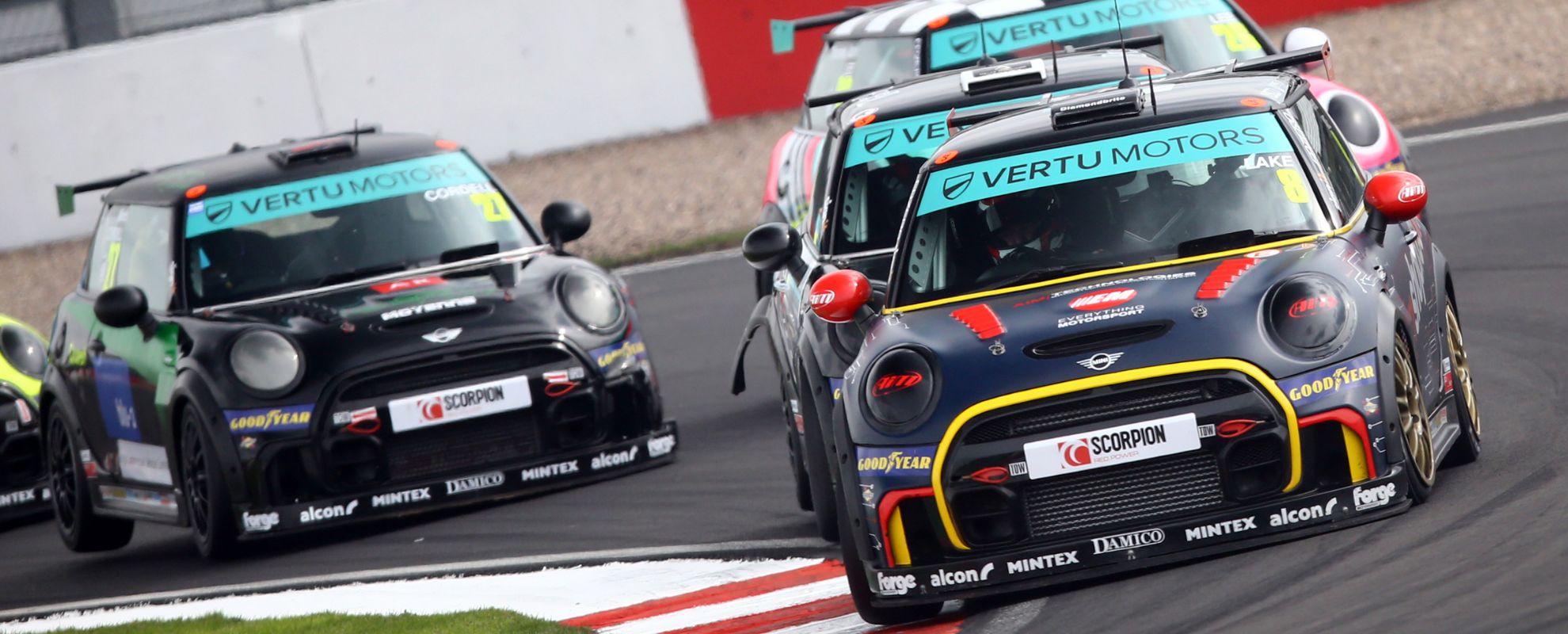


CAVTrak Fleet Management System (FMS) thoroughly monitors the location and status of a pool of vehicles. Communication is two-way via 5G allowing you to modify vehicle routing and operate parameters in real time.
This also provides First Person View (FPV) remote control which allows an operator to take control of a vehicle if intervention is required.

CAVCon Technology provides wireless communication between vehicles and our HQ. This is a key component of any Fleet Management System (FMS) and the advantages of our ability to provide this link are endless.
Our system works both ways, so as well as receiving telemetry, we can also send control data to a specific vehicle, messages to the passengers, and even re-route a vehicle from behind the scenes.

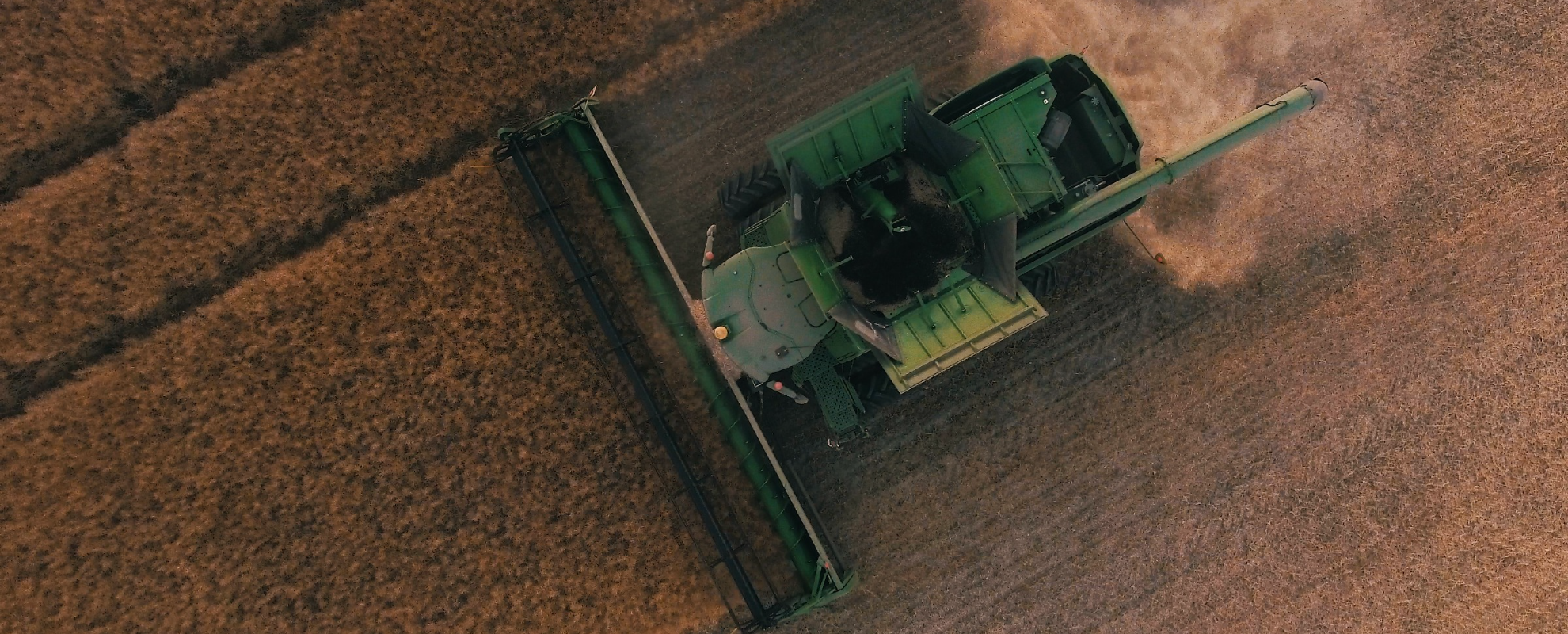

The CAVFarm mode has been developed for agritech and can be used to plough, mow, seed or spray an entire field.
Simply drive the perimeter and let the CAVFarm algorithm calculate the optimum route to achieve maximum coverage.

